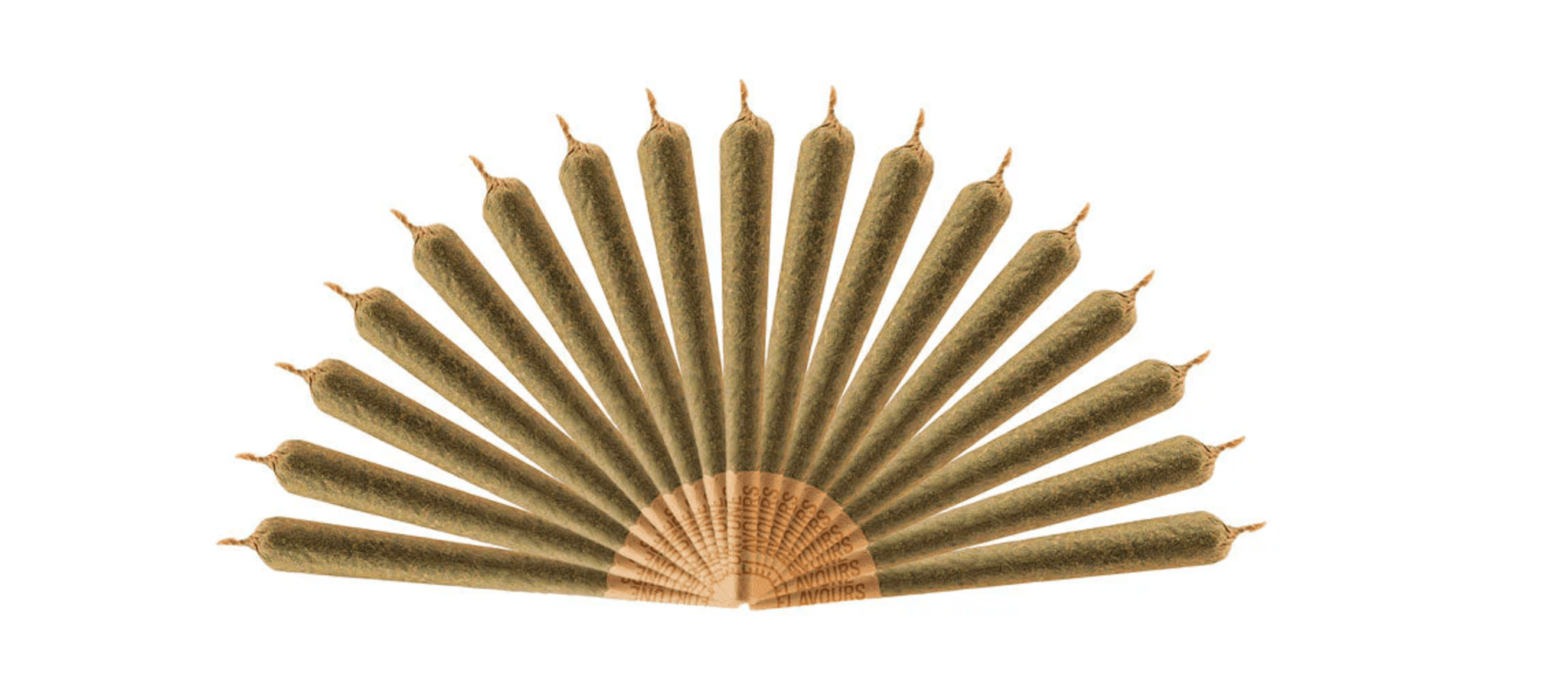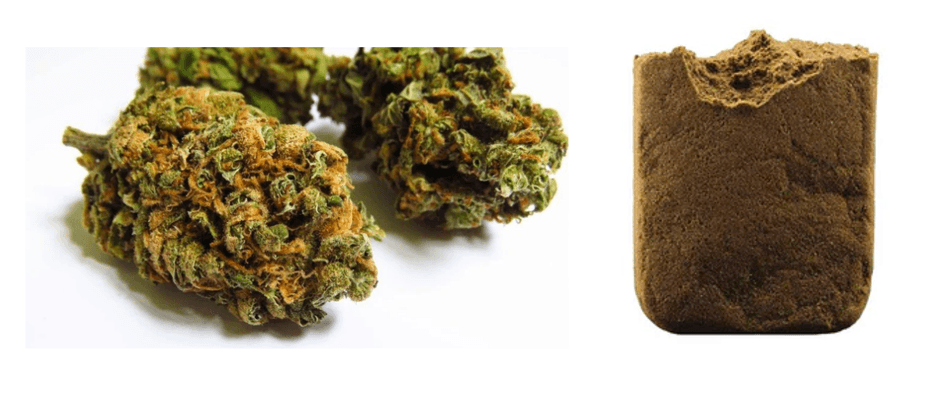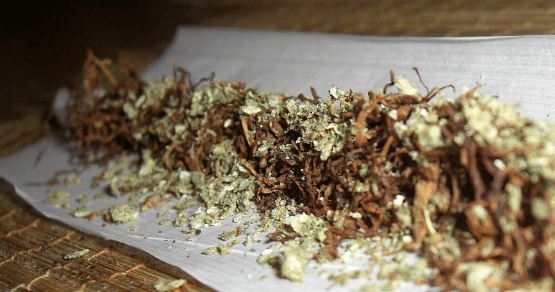Cannabidiol (CBD) is a well-known cannabinoid found in cannabis and hemp plants. It has seen a rapid rise in popularity, with many CBD products ruling the health and wellness market. There is strong anecdotal evidence regarding the potential health benefits of CBD, without the downside of intoxication or side effects. However, despite the growing popularity of different CBD products, there is still a lot of misinformation regarding actual CBD facts.
This post seeks to clarify some of this misinformation by discussing 5 important facts related to CBD.
Before we delve into these CBD facts, let’s take a quick look at some statistics of CBD usage in the UK. According to a report by the Cannabis Industry Journal, nearly 8 million people in the UK use CBD. Moreover, according to a study conducted by Dynata in 2019, the most common reasons given by CBD users were to:
Top 5 CBD facts
To help you make an informed choice about CBD usage, here are the 5 CBD facts every potential and current CBD user should know:
Fact #1: CBD is legal in the UK, but only if it’s derived from hemp
Business Matters Magazine states that CBD is not a controlled substance in the UK and therefore, there are absolutely no restrictions over its use. It is completely legal, as long as the CBD product is derived from one of the 63 EU approved industrial hemp strains. This change in the law came into effect recently.
However, cannabis-derived products, such as cannabis oil, are still illegal. So, while you are legally able to use CBD oil in the UK for medicinal purposes, it is still illegal to possess, buy, and sell cannabis oil.
Moreover, it is important to consider THC while discussing CBD products in the UK. Tetrahydrocannabinol (THC) is the psychoactive compound found in cannabis and hemp plants. It is responsible for causing a ‘high’ or euphoric feeling that is often associated with cannabis use.
Therefore, for CBD to be completely legal in the UK, there are strict restrictions over its THC content. For instance, the THC content in CBD oil cannot exceed 0.2 %. Any CBD oil with a THC content exceeding this limit THC remains illegal and its use is prohibited.
There is, however, an exemption to this rule. According to a BBC report, Sativex, a cannabis-based mouth spray, is approved for use as a treatment for multiple sclerosis in the UK. Sativex is a 50-50 mix of CBD and THC.
Read our related blog on: CBD Drug tests UK
Fact #2: CBD is psychoactive but non-intoxicating
Did you know CBD facts are often distorted while highlighting some of the cannabinoid’s many qualities? One of CBD’s major selling points is that it is ‘non-psychoactive’, as opposed to the exceedingly psychoactive THC. You may have read this ‘CBD fact’, but we are here to clarify that it is highly inaccurate to state that CBD is devoid of any psychoactive effects.
CBD is psychoactive in the sense that it is a mood-altering substance and also affects other mental processes such as cognition. Some studies have shown it has moderating effects on:
- Anxiety
- Psychosis
- Pain
- Depression
- Appetite
- Memory
- Seizures
However, it is noteworthy that CBD is non-intoxicating. It doesn’t produce the euphoric ‘high’ of THC. THC is also psychoactive, but since its effects can leave consumers temporarily cognitively impaired, it is intoxicating.
The intoxication abilities of a cannabinoid should not be confused with it being psychoactive or not. CBD’s non-intoxicating qualities are what cause some to consider it as 'non-psychoactive'. However, stating or implying that in any way is technically wrong and misleading for the consumer.
Read our related blog on: Does CBD contain THC?
Fact #3: Generally, CBD works better when combined with other cannabis compounds.
The Hebrew University of Israel conducted a study in 2015, documenting the medicinal effectiveness of single-molecule CBD extract as opposed to that of a CBD rich extract of a whole plant. A single molecule extract is just an isolated extract of one compound, such as CBD. On the other hand, the whole plant extract retains the full terpene and cannabinoid profile of the plant.
This study concluded that the CBD rich extract of the whole plant had greater therapeutic value in comparison to a single molecule CBD extract. A CBD rich product made from the whole plant has the advantage of working together with other potentially beneficial terpenes, fatty acids, flavonoids, and cannabinoids.
This synergetic relationship is called the entourage effect. It means that all compounds within a plant work well together. When consumed together, they produce a better effect than if they were taken on their own in isolate form.
There are certainly cases where a CBD isolate works well, depending on an individual patient’s particular condition. Generally, however, CBD does work better when combined with other compounds found in the plant. For example, a recent study has shown CBD’s ability to lessen the undesirable effects of THC, such as cognitive impairment and paranoia.
Fact #4: CBD interacts well with several systems in our bodies
A major explanation for CBD’s long list of potential therapeutic benefits is the way it interacts with the endocannabinoid system (ECS) in our bodies. This internal system comprises:
- endocannabinoids
- receptors that cannabinoids bind to
- enzymes that break them down.
Upon entering the body, CBD binds to the cannabinoid receptors, and triggers wide-ranging effects, depending on the receptors activated.
Anandamide is a pain regulating endocannabinoid in the body. Recent research indicates that CBD may reduce the absorption of anandamide, leading to pain relief. Moreover, CBD has also been shown to lessen epileptic seizures, by restricting the release of neurotransmitters.
Fact #5: Not every CBD oil or CBD Flower is the same
Another one of CBD facts is that CBD oil & Flower is derived from both cannabis and industrial hemp. Moreover, there are several CBD oil formulas on the market, which typically fall into one of these three categories:
- Full Spectrum: This contains the full spectrum of CBD, terpenes, minor cannabinoids, and trace amounts of THC present in the plant.
- Broad Spectrum: This contains a full spectrum of all terpenes and extracted cannabinoids, but with THC removed.
- Isolate: This is pure CBD, with all other cannabinoids removed until only a crystalline or powdered form of CBD remains.
When buying CBD oil, you should also beware of products labelled as hemp seed oil or hemp oil, which do not contain any CBD. It is also important to steer clear of CBD products with misleading labels and deceiving buzzwords like ‘all-natural’, ‘organic’ and ‘pure’. You should only purchase CBD products that adhere to proper CBD oil labelling regulations.
Conclusion
The top 5 CBD facts discussed in this post will help you make an informed choice about CBD usage. There is strong evidence from animal studies as well as anecdotal evidence regarding CBD’s potential medical benefits. However, more research in humans is needed before forming any solid conclusions.
CBD is completely legal, provided it follows the government regulations regarding the THC content. It is also important to be wary of non -lab-tested CBD products with unproven medical claims on the label.
If you liked reading this, be sure to check our other blog on: The ultimate CBD Guide



